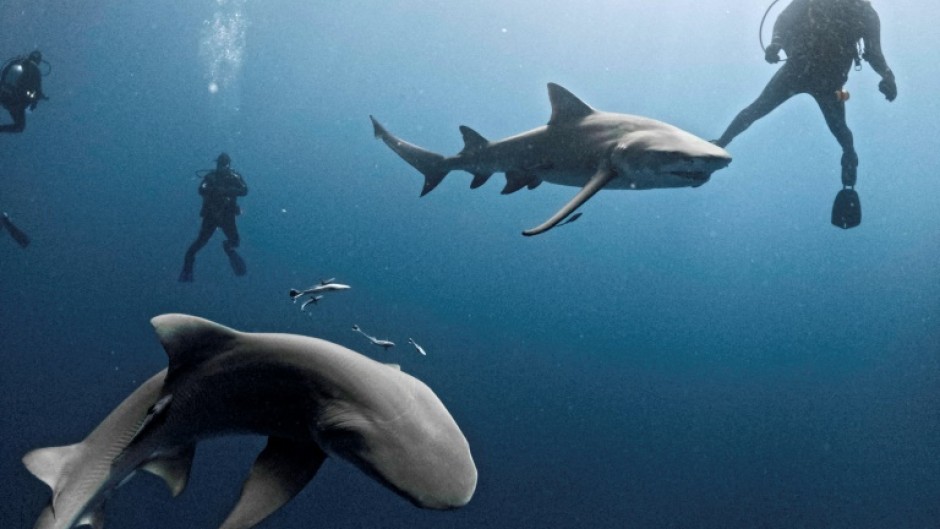MIAMI - As the northern hemisphere edges toward spring and millions flock to the beach, headlines have dubbed the southeastern US state of Florida the world's most likely place to be bitten by a shark.
They're right, but, at the same time, shark bites are exceedingly rare overall -- a fact scientists wish more people knew, especially amid declining shark populations desperately in need of conservation.
"When the sharks in the water are targeting the fishes that they normally feed on, once in a while, people get in the way and the sharks make a mistake," said Gavin Naylor, coauthor of a recent report tallying last year's shark attacks.
According to data he gathered for the University of Florida's International Shark Attack File, Florida was home to a quarter of last year's shark attacks -- a scary statistic, if taken on its own.
And yet that only amounts to 16 unprovoked attacks, out of 69 total worldwide -- and millions of swimmers flocking to Florida's coast each year.

If sharks wanted to attack us, "people are very easy to target. They are a bit like floating sausages," Naylor told AFP.
"So we know that they must be avoiding them."
- Shark attack 'capital' -
Florida's subtropical latitude means many sharks move through the waters of its continental shelf, which are rich in nutrients and therefore in fish to feed them.
And miles of beaches attract huge numbers of tourists to the Sunshine State -- 135 million last year, according to Florida statistics.
Yet despite the long odds of a shark bite, the predators still carry an outsized reputation -- one probably not helped by their rows of razor sharp teeth, or fictional movies about killer sharks like "Jaws" and the decades-long US cable television phenomenon known as "Shark Week."

New Smyrna Beach, located in Volusia County -- home to half of Florida's shark bites last year -- is inauspiciously known as the "shark bite capital of the world."
Surfers often flock to its coast, where the murky waters reduce sharks' visibility, and increase the chance they will bite a human by mistake.
Bites are like an "airplane crash" -- shocking but rare, said New Smyrna Beach resident Bruce Adams, who remembers close encounters with sharks of his own during his surfing days.
"It's sensational, it sells a lot of T-shirts," he told AFP, lamenting the creatures' bad reputations.
- Swimming with sharks -
In fact, most of us have probably been in the water alongside sharks -- we just didn't know it, said report coauthor Joe Miguez.
"They don't really want anything to do with us," he told AFP.
Some humans meanwhile are seeking out sharks.

In Jupiter, some 150 kilometres north of Miami, Jonathan Campbell has done more than 500 dives with a coterie of enthusiasts, all there to swim with sharks.
"You see sharks in movies and they are scary monsters. But in the water, they are actually shy puppy dogs," he said.
In fact, amid crashing shark populations -- there has been a 70 percent worldwide decline since 1970, according to a recent study -- what the world might need is more sharks.
"We should be more focused on conserving these animals than just going out and saying that they're out to get us," said Miguez.
- by Gerard Martinez

